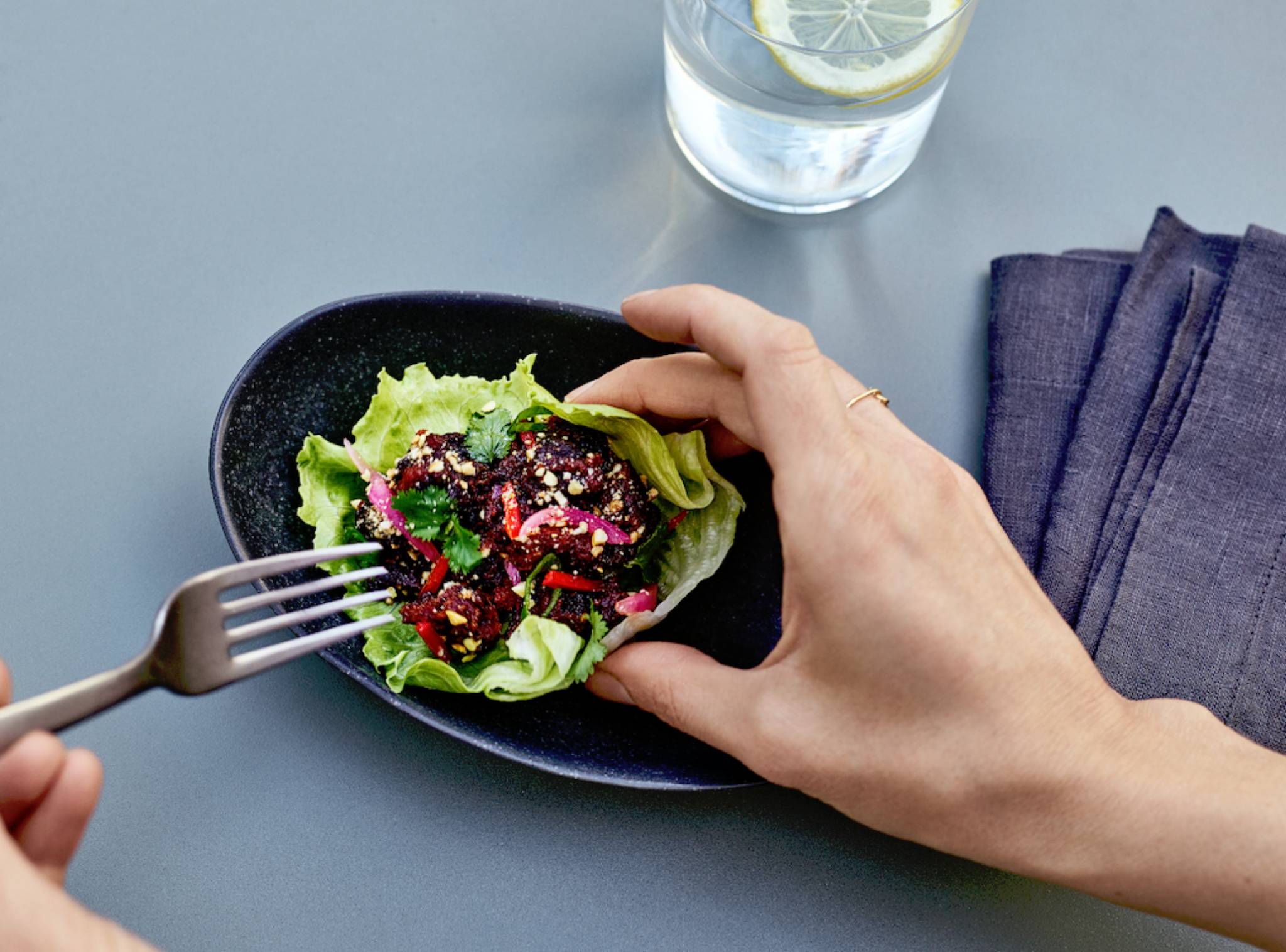
'Meatfluencers' are urging people to adopt meat-based diets that draw inspiration from an idealized hunter-gatherer past. While this movement is largely driven by men, it is also gaining traction among women and symbolizes a departure from 'woke' narratives about health and sustainability.
With #CarnivoreDiet amassing over a billion views on TikTok, the 'meatfluencer' trend is gaining momentum. This diet, which mainly includes meat, seafood, and eggs, initially emerged from the manosphere, with proponents such as Shawn Baker and the Liver King praising its health and weight loss benefits. The trend has now expanded to include women, with 'lady carnivores' like steakandbuttergal advocating for snacks like butter and beef patties.
Carnivorism challenges dominant 'liberal' values concerning health and environmentalism, aiming to regain personal control. In America, three in five people say the healthcare system is a hassle (61%) and that navigating it is stressful (63%) while 53% say the system treats them more like a number than a person. With the growing sense of dissatisfaction regarding healthcare, many Americans are turning to alternative authority figures and lifestyles that help them to make sense of their healthcare needs.
Having originated from an online space abundant with extremism and conspiracy theories, carnivorism inherently dismisses modern science and medicine. Men embrace it to enhance a sense of virility, while women seek empowerment through self-determination. The concept of carnivorism resonates strongly because it draws on idealized notions of our ancestral past, where hunting was essential for survival. It exemplifies the growing scepticism towards processed foods and reflects a desire for empowerment through authentic and meaningful narratives about food and wellness.



